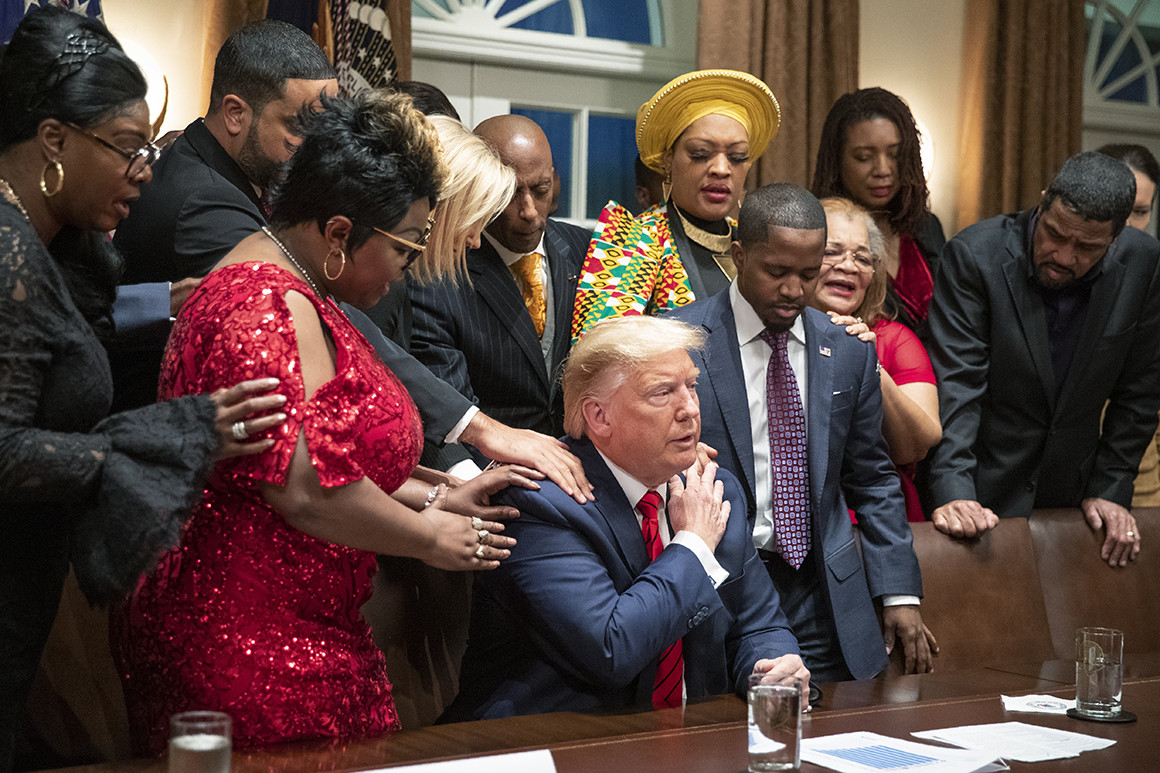(ThyBlackMan.com) I once knew a famous rapper. We don’t talk much anymore, since all the booty and bling have distracted him. But that’s beside the point.
A few years ago, the rapper and I were talking about women and relationships. That was when he introduced me to a concept he called, “the bait.” According to my friend, he was never going to get married. He feared losing his money in a nasty divorce, didn’t want anyone judging his behavior and had a general fear of commitment. But he said that sometimes, his greatest asset was the fact that many of the women he met on the road believed that they could win “the lottery ticket” and convince him to marry them.
So, rather than actually marrying anyone, my rapper friend forced dozens of women to jump through numerous hoops, sexual and otherwise. Then, he  would simply throw them back into the dating pool, like a “catch and release” fisherman, giving them nothing in return for months or even years of loyalty. All they’d have to show for their efforts were a few good memories and perhaps a nasty venereal disease from all the women he’d slept with.
would simply throw them back into the dating pool, like a “catch and release” fisherman, giving them nothing in return for months or even years of loyalty. All they’d have to show for their efforts were a few good memories and perhaps a nasty venereal disease from all the women he’d slept with.
Rather than assessing what this man had done to their predecessors, every woman was convinced that she was different from all the rest. Many of them seemed to believe that they were the ones who could convince him to be faithful. The reason he’d dogged the other women out in the past was because they were “bad people and b*tches.” Sadly enough, this man’s female acquaintances honestly believed that if they were nicer, more loyal and more devoted than the last woman, she would be the one he chose above all the rest.
I see this kind of behavior in corporate America, academia and other American institutions, where sometimes, being black and outspoken is a serious crime. Some institutions, such as the Harvard Law School, which go decades without promoting more than one or two token African Americans, are not held accountable because those in a position to speak are hoping that they can receive a different outcome from the hundreds of other black people who’ve been rejected in the past. In the minds of some, their predecessors were not promoted because they weren’t smart enough, didn’t work hard enough or didn’t make enough sacrifices. It never crosses anyone’s mind that you might be just another n*gger, sent through the endless revolving door of broken dreams.
I admittedly feel sorry for those of us who’ve been convinced that if we are quiet, patient and uncritical, we will be that one negro that the blatantly racist organization decides to hire or promote. It’s like being afraid to speak up against the actions of a rapist because you are hoping he will propose marriage to you. You are instead encouraged to applaud him for working to overcome his “little problem” and for the fact that he is raping far fewer women than he did in the past. But deep down in your heart, you know that someone has to stand up to the BS, you’re just hoping that person doesn’t have to be you.
Part of the reason I was able to create an independent scholarly career is that I analyzed the experiences of my predecessors. I knew that my employer, Syracuse University, hadn’t granted tenure to any African American in my field in the entire century of operating history. Not to say that I didn’t think I could be the “chosen negro” and get the promotion that was denied to scores of scholars before me, but I wasn’t willing to give up soul, my integrity and everything else in order to find out. I’d seen those before me give everything for a reward that didn’t exist, with many of them ending up angry, disillusioned, and sometimes even insane.
I figured out very early that there are some who would view me as a criminal for simply being an intelligent and honest black man. I knew that by simply pointing to uncomfortable, yet undeniable facts about historical racism, I would be labeled as the same trouble-making, radical black boy that my teachers considered me to be in the fifth grade. I also knew that you can’t go into someone else’s house and expect to move around the furniture. When you don’t have the power to get your own food, you have only earned the right to sit your black ass down quietly and say “thank you” for the scraps that you’ve been given.
After sacrificing to create my own platforms and engaging in scholarship outside the oppressive walls of academia, I’ve run into an odd fascination from other scholars. They either admire me, are jealous of me, don’t understand me or fear the consequences of being associated with me. Many of them want the recognition, power and wealth that comes from speaking to a broad audience without the sacrifices and risks necessary in order to get there.
I don’t judge my brothers and sisters who’ve made different choices, I simply feel sorry for some of them. I speak at corporations and universities regularly, where folks will pull me into the corner and give me a long description of the racism that they’ve endured at the hands of their superiors. I don’t always know what to say, because the fundamental truth is that when we ignore Malcolm X’s lessons on self-sufficiency, you then have no choice but to politely accept the constraints of your situation.
The bottom line is that many of us, scholars included, must consider alternative paradigms of success and economic progress. When we judge our achievements based on the accolades that have been bestowed upon us by institutions that were designed and built for others to succeed, we are at risk of believing that everything we’ve worked for is worthless. Many of us end up frustrated, devalued and unsuccessful, in large part because we’ve agreed to play someone else’s game on a field that was designed for them to win. The secret to failure in America is to spend your whole life seeking validation from the descendants of your historical oppressors.
What’s also true is that equality and power are never granted freely. Therefore, by seeking meaningful and honest progress in the struggle against racial inequality, you sometimes end up going head-to-head against those who benefit readily from the inequality against which you are fighting. It’s hard to imagine anyone speaking up against a harmful bully with no protection, and then expecting the bully to reward him.
To make a long story short, thinking outside the box is necessary for us to reach our individual and collective goals. Martin Luther King and Malcolm X both used teachings from across the world to inspire national progress on civil rights. No matter how smart we are or how educated we become, the reality is that education in the absence of courage or independent thinking is going to lead us right back to our respective plantations. This, my friends, is a fact, even for the “chosen negroes” among us.




















Great Article….Self Validation trumps all!
Excellent article! We love your articles Dr. Watkins!!! We can’t wait for your next book!!!